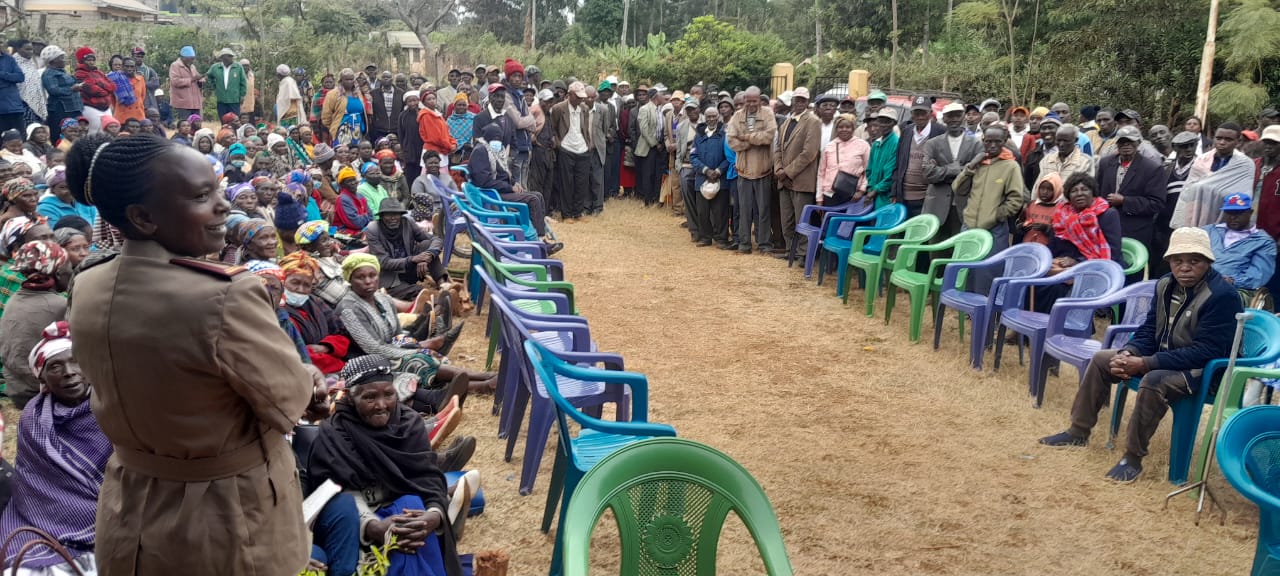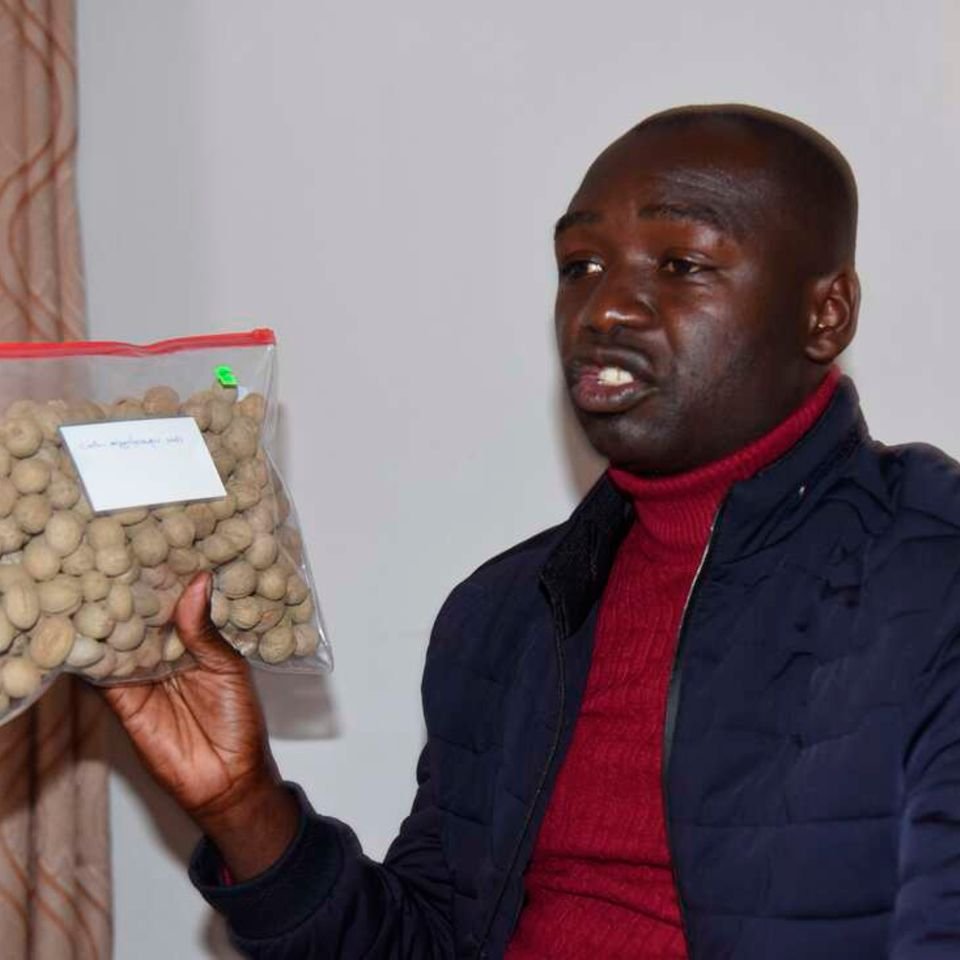New data shows that global vaccination coverage has continued to decline in 2021, with 25 million infants missing out on lifesaving vaccines.
The World Health Organization WHO) and UNICEF have sounded an alarm showing that the largest sustained decline in childhood vaccinations in approximately 30 years has been recorded.
The percentage of children who received three doses of the vaccine against diphtheria, tetanus and pertussis (DTP3), a marker for immunization coverage within and across countries, fell 5 percentage points between 2019 and 2021 to 81 per cent.
In a statement by WHO Friday, the missed doses of DTP are two million more doses than those who missed out in 2020 and 6 million more than in 2019, highlighting the growing number of children at risk from the devastating but preventable disease.
Vaccine coverage dropped in every region, with the East Asia and Pacific region recording the steepest reversal in DTP3 coverage, falling nine percentage points in just two years.
Dr Tedros Adhanom Ghebreyesus, WHO Director-General said that Planning and tackling COVID-19 should go hand-in-hand with vaccinating for killer diseases like measles, pneumonia and diarrhea, and it should not be a question of either or, but it is possible to do both.
Some countries, Dr. Tedros said notably held off declines and Uganda maintained high levels of coverage in routine immunization programmes, whilst rolling out a targeted COVID-19 vaccination programme to protect priority populations, including health workers.
Monumental efforts will be required to reach universal levels of coverage and to prevent outbreaks considering that Inadequate coverage levels have already resulted in avoidable outbreaks of measles and polio in the past 12 months, underscoring the vital role of immunization in keeping children, adolescents, adults, and societies healthy, Dr. Tedros said.
Catherine Russell, UNICEF Executive Director said while a pandemic hangover was expected last year as a result of COVID-19 disruptions and lockdowns, what we are seeing now is a continued decline.
“COVID-19 is not an excuse. We need immunization catch-ups for the missing millions or we will inevitably witness more outbreaks, more sick children and greater pressure on already strained health systems,” she said.
Russel continued, “This is a red alert for child health. We are witnessing the largest sustained drop in childhood immunization in a generation. The consequences will be measured in lives.”
According to WHO, the decline was due to many factors including an increased number of children living in conflict and fragile settings where immunization access is often challenging, increased misinformation and COVID-19 related issues such as service and supply chain disruptions, resource diversion to response efforts, and containment measures that limited immunization service access and availability.
According to the data by WHO low- and middle-income countries such as India, Nigeria, Indonesia, Ethiopia and the Philippines recorded the highest numbers of children not receiving a single dose in 2021.
WHO and UNICEF are working with Gavi, the Vaccine Alliance and other partners to deliver the global Immunization Agenda 2030 (IA2030), a strategy for all countries and relevant global partners to achieve set goals on preventing diseases through immunization and delivering vaccines to everyone, everywhere, at every age.
Seth Berkley, CEO of Gavi, the Vaccine Alliance said their priority must be to help countries to maintain, restore and strengthen routine immunization alongside executing ambitious COVID-19 vaccination plans, not just through vaccines but also tailored structural support for the health systems that will administer them
“It’s heart-breaking to see more children losing out on protection from preventable diseases for a second year in a row.,” said Dr Berkely
Among countries with the largest relative increases in the number of children who did not receive a single vaccine between 2019 and 2021 are Myanmar and Mozambique.
This historic backsliding in rates of immunization is happening against a backdrop of rapidly rising rates of severe acute malnutrition and according to WHO, a malnourished child already has weakened immunity and missed vaccinations can mean common childhood illnesses quickly become lethal to them.
WHO has called on countries to intensify efforts for catch-up vaccination to address backsliding on routine immunization, ensure political commitment from national governments and increase domestic resource allocation to sustain immunization as well as prioritize health information and disease surveillance systems strengthening to provide the data and monitoring needed for programmes to have maximum impact.


